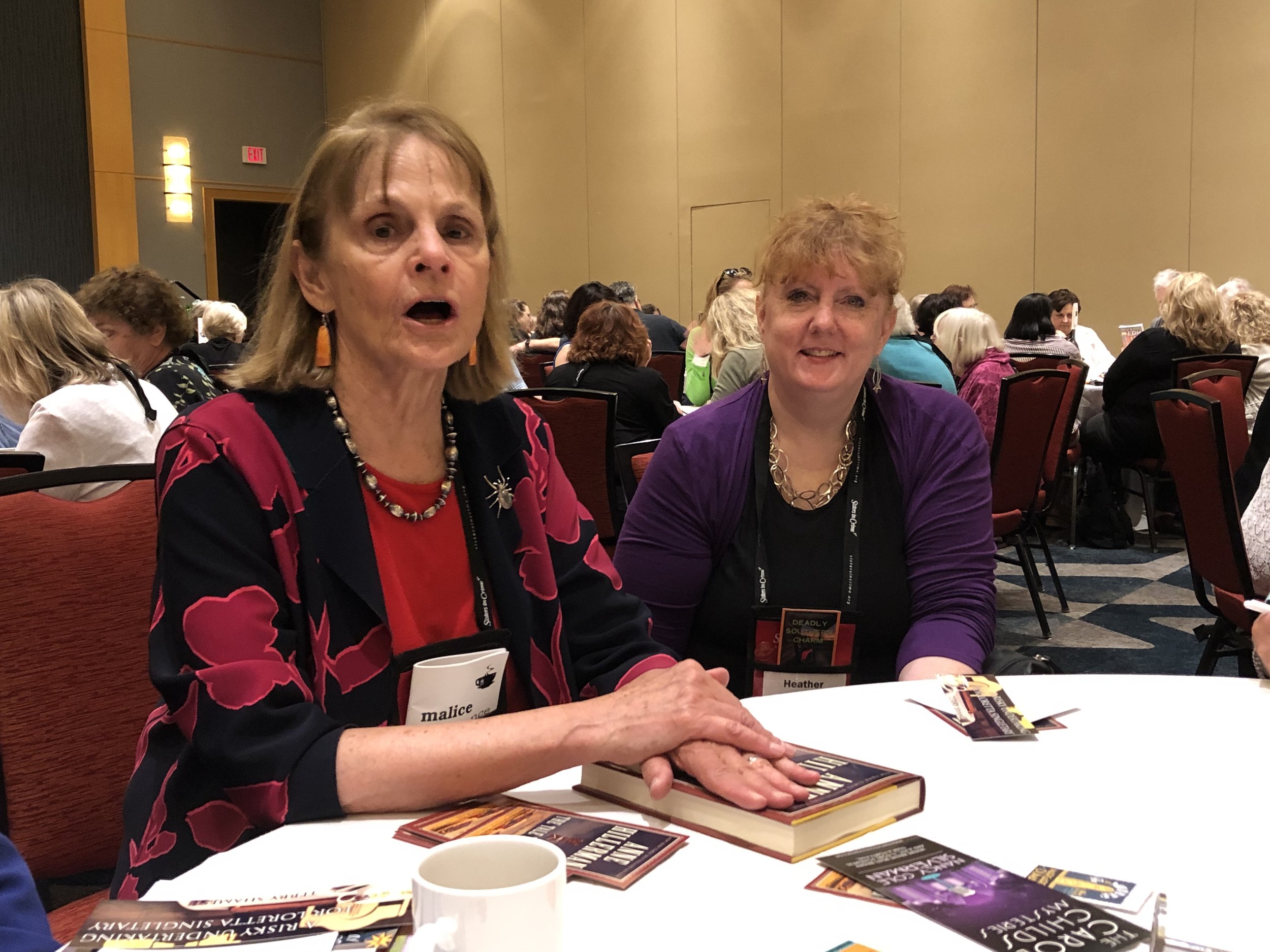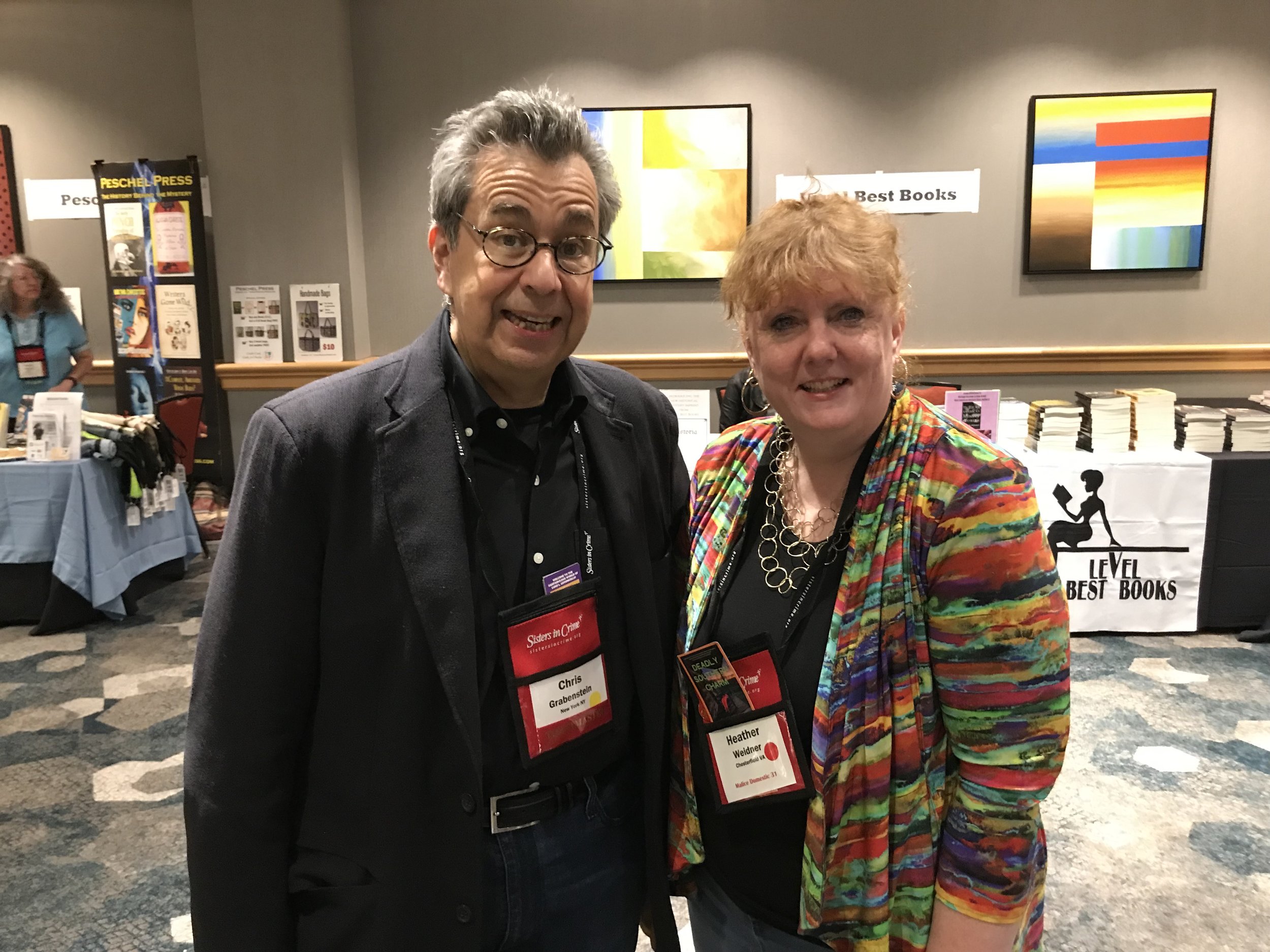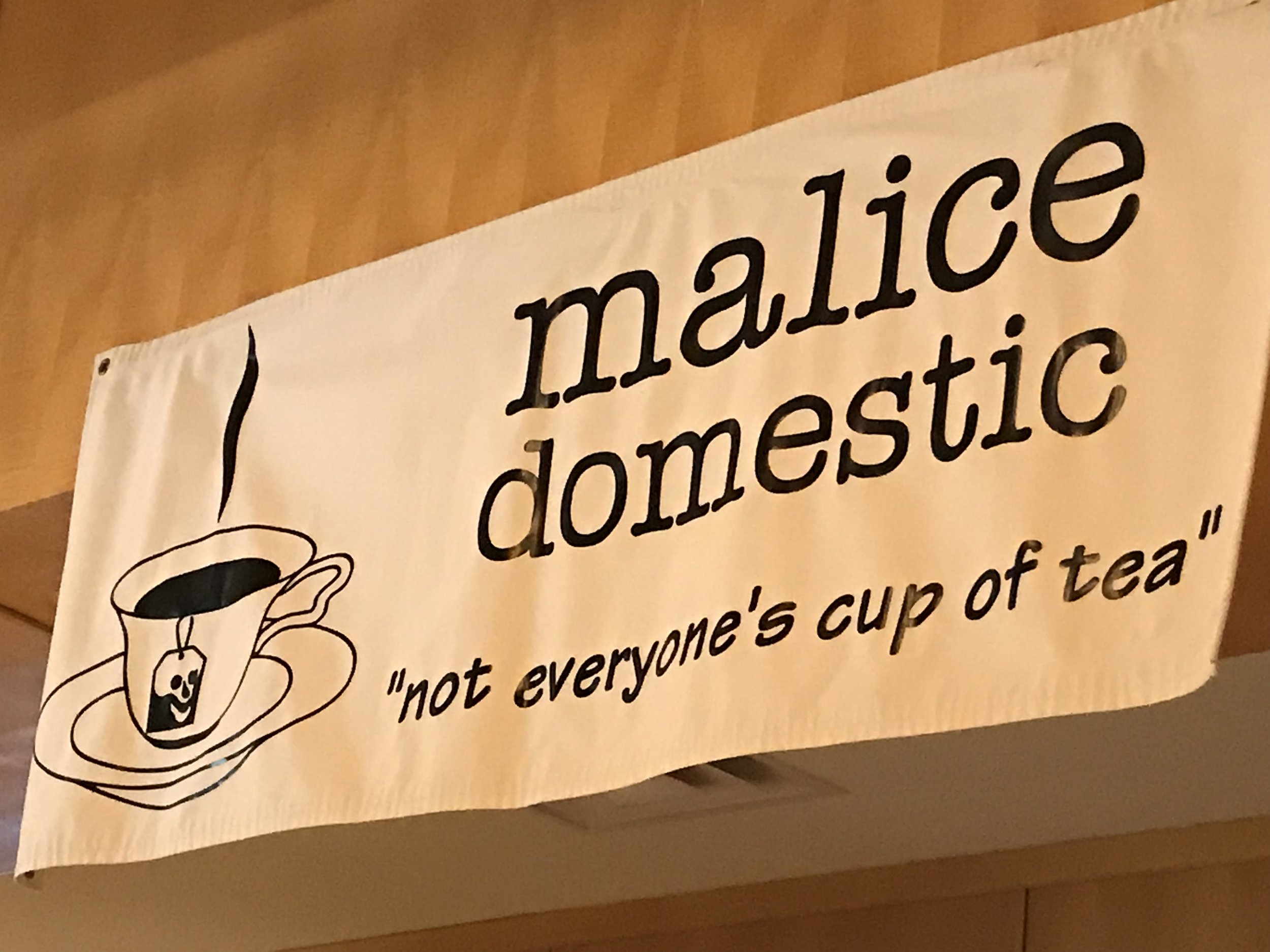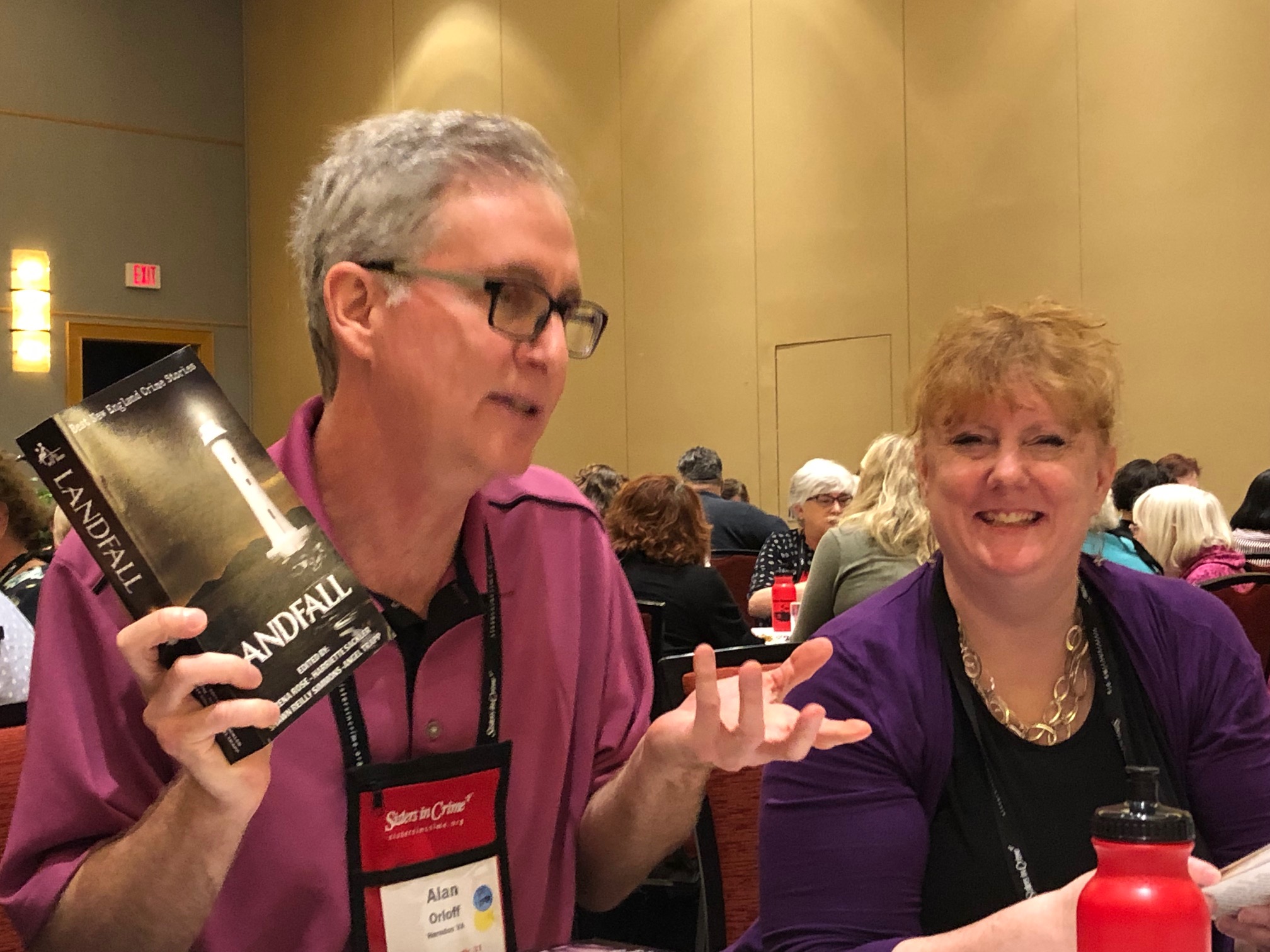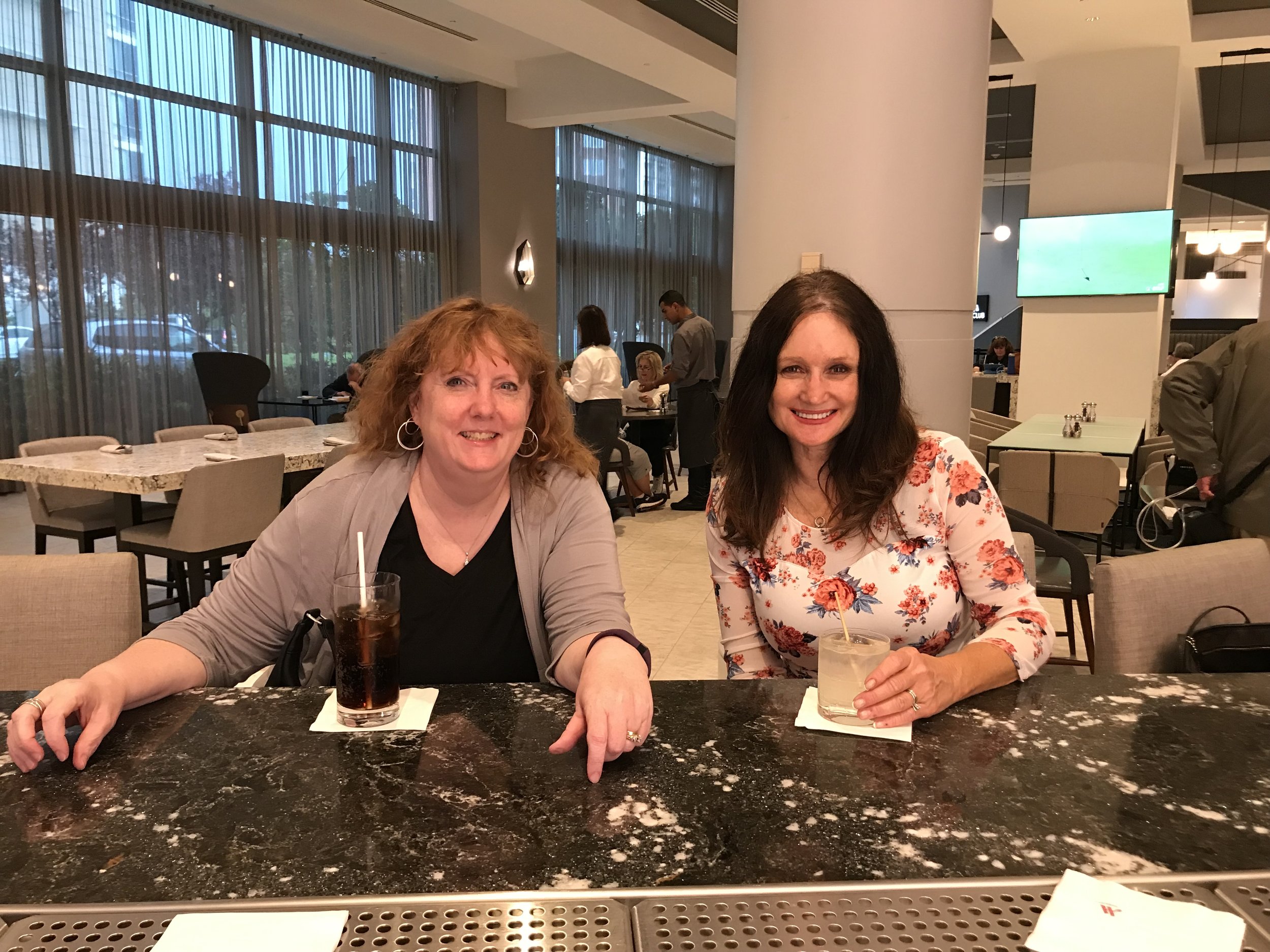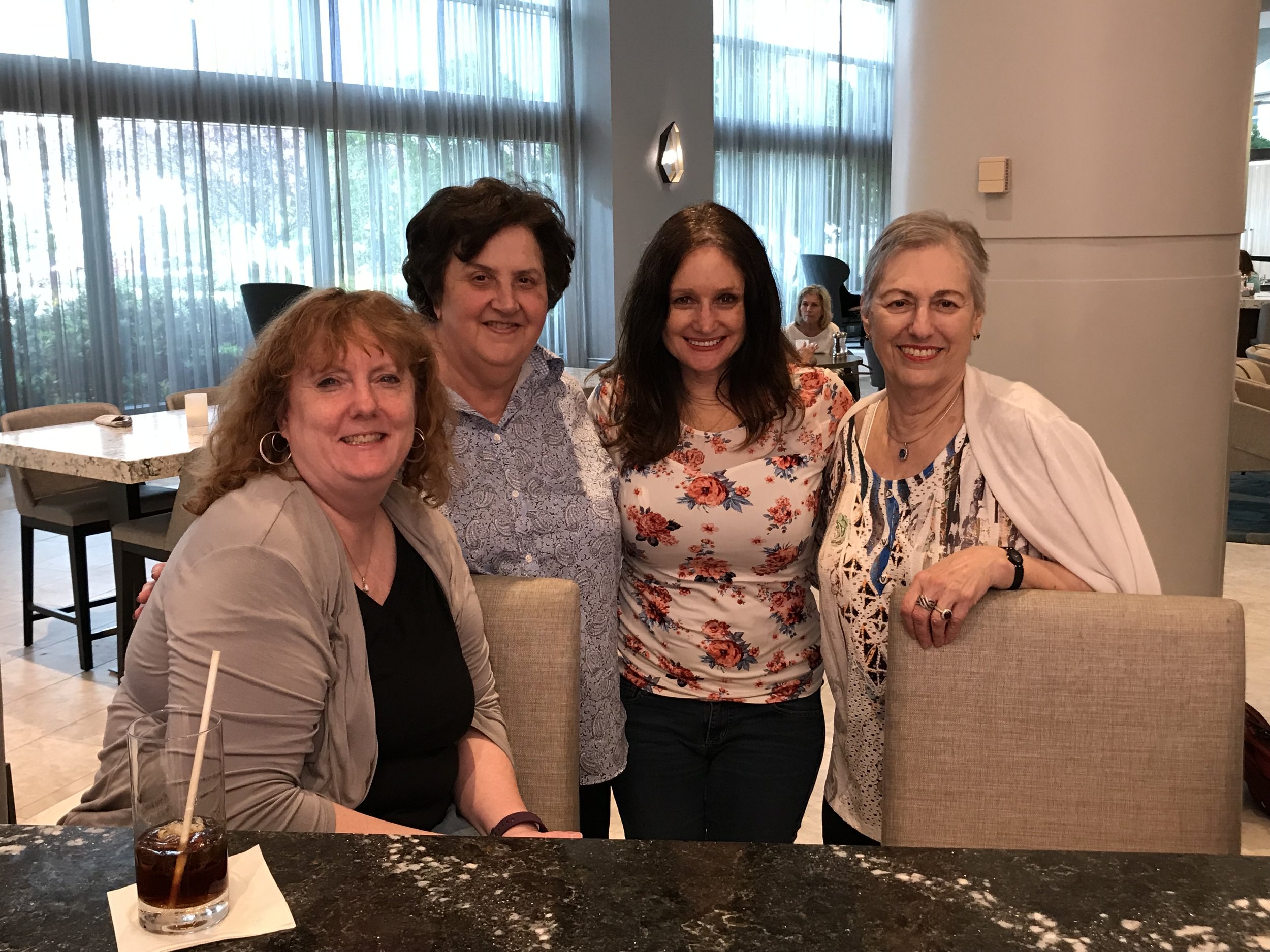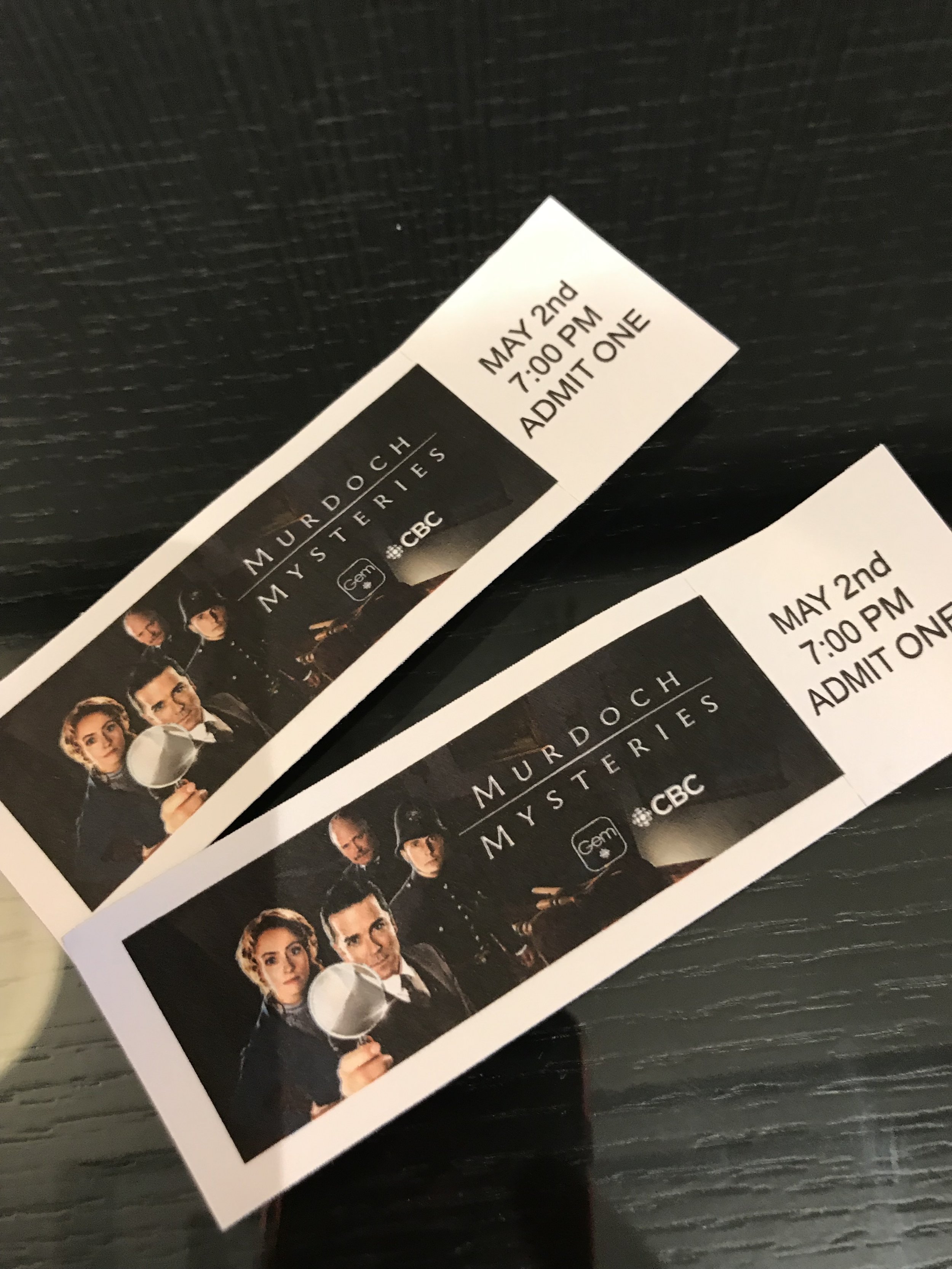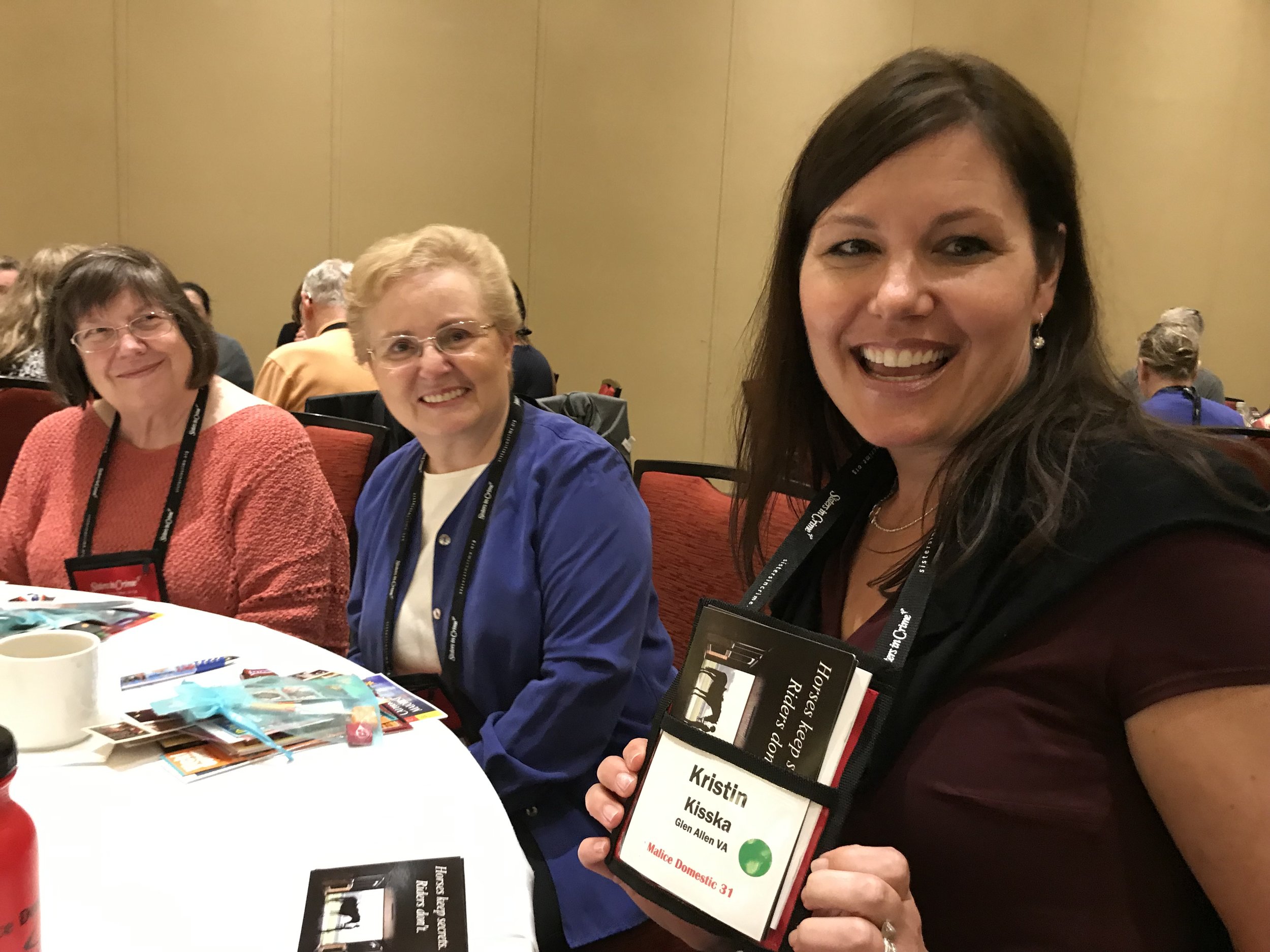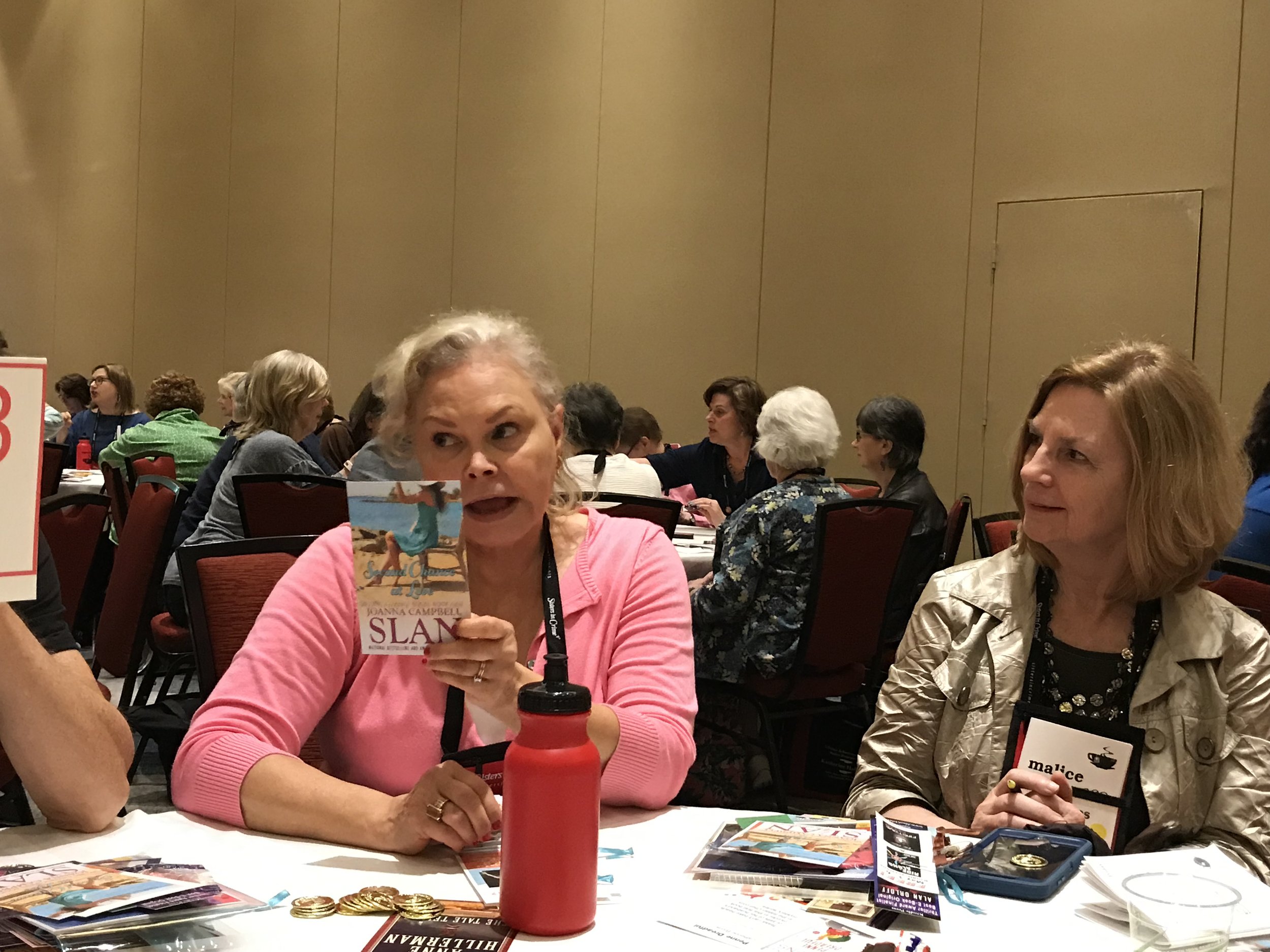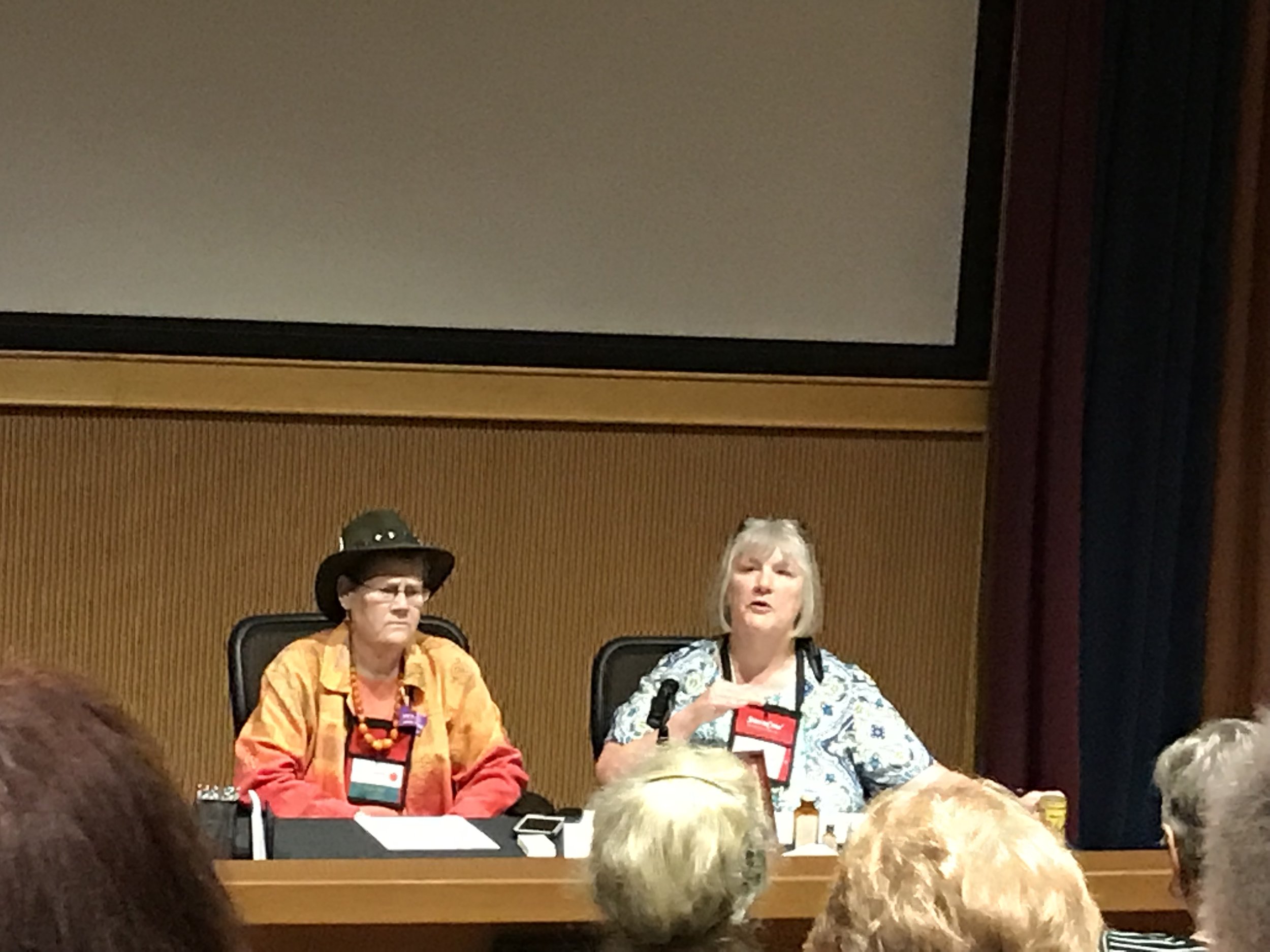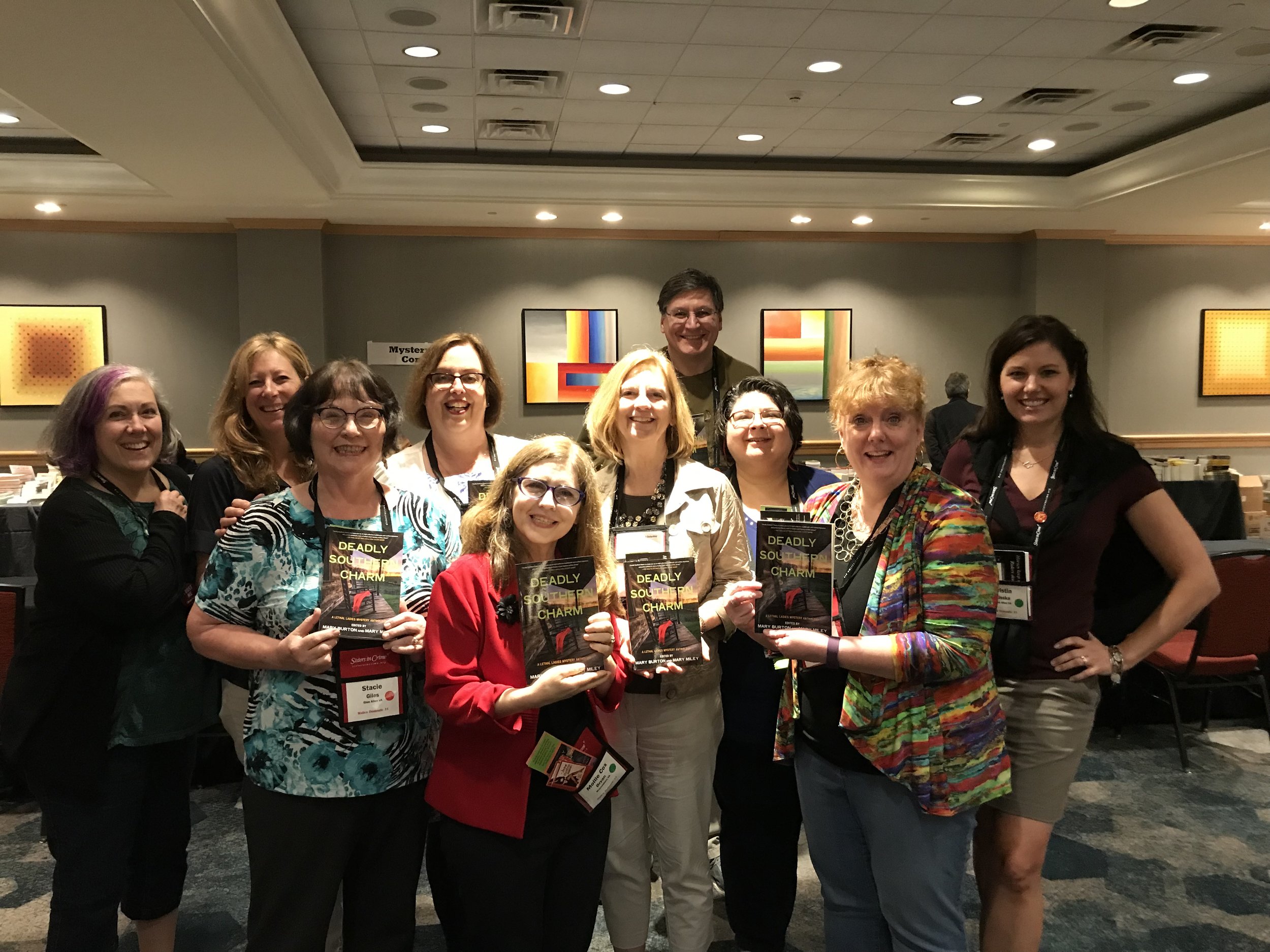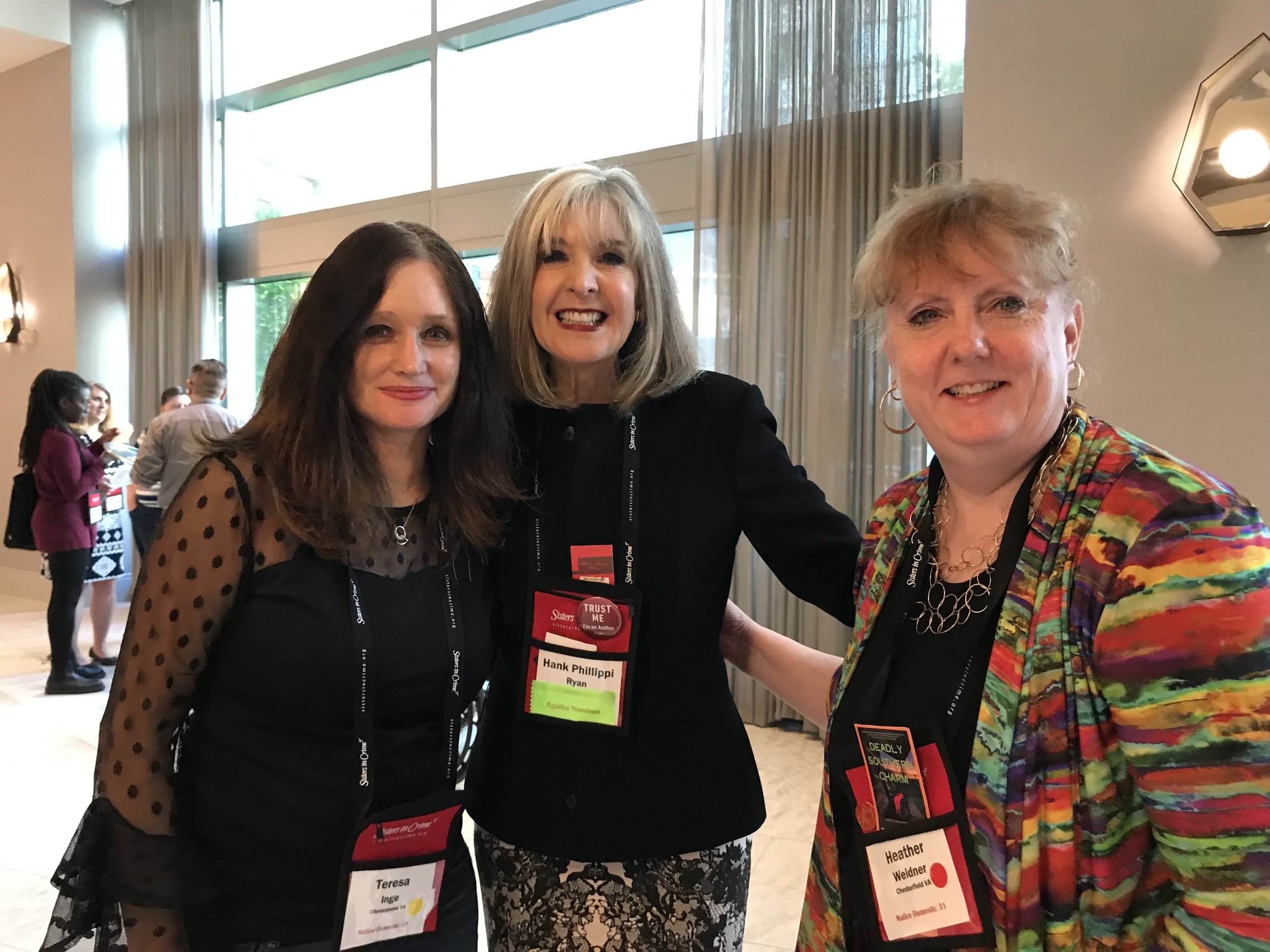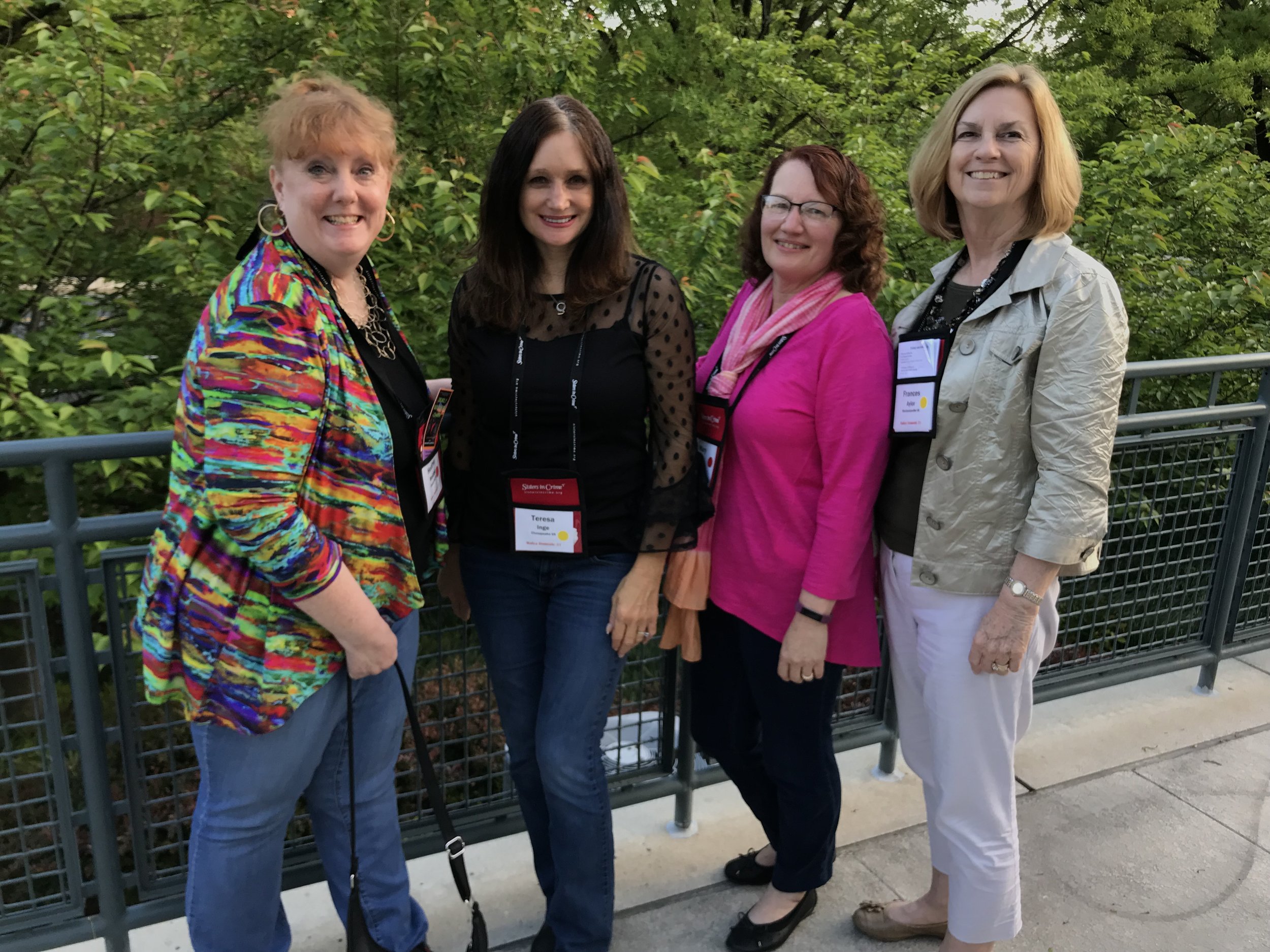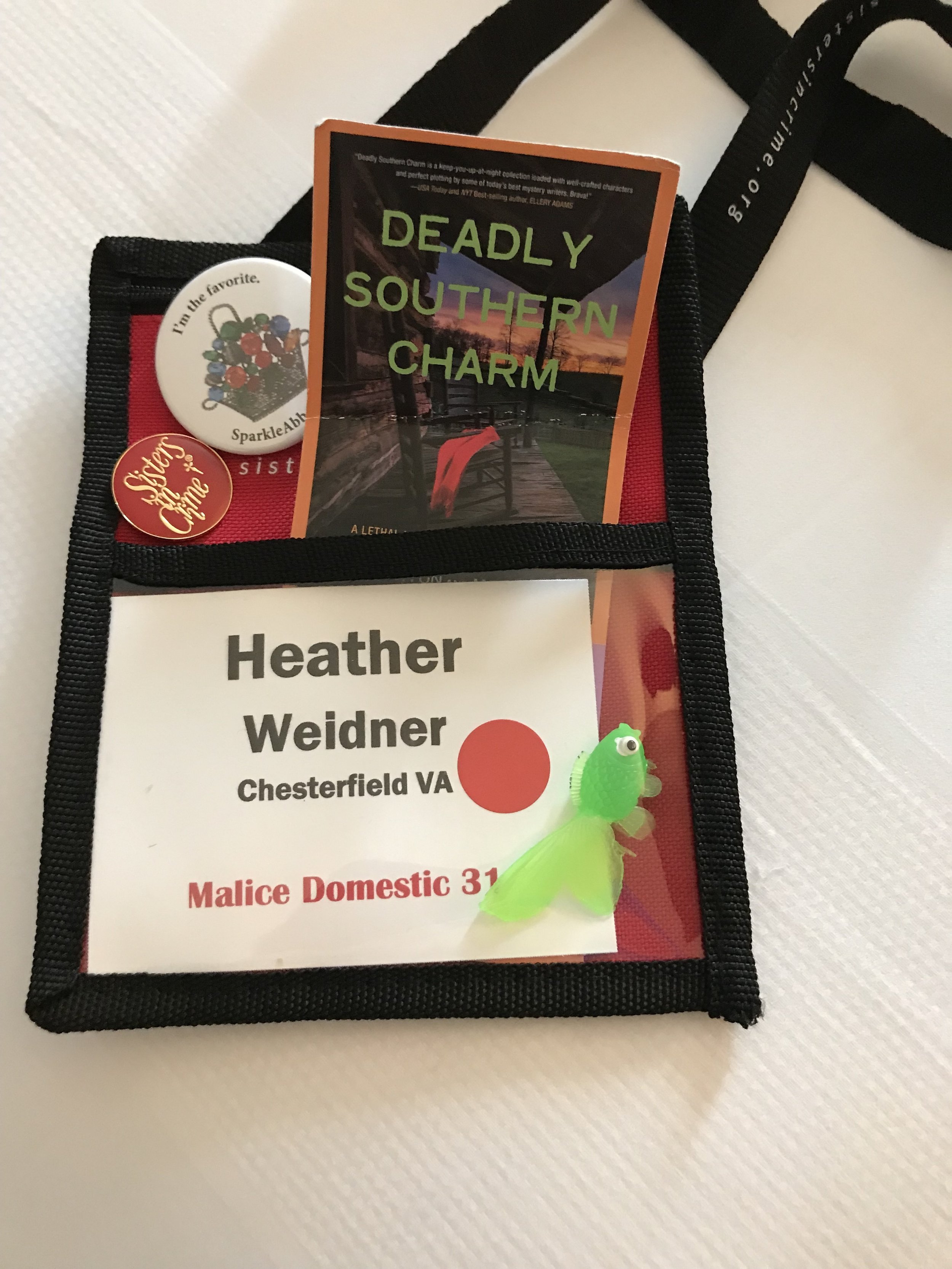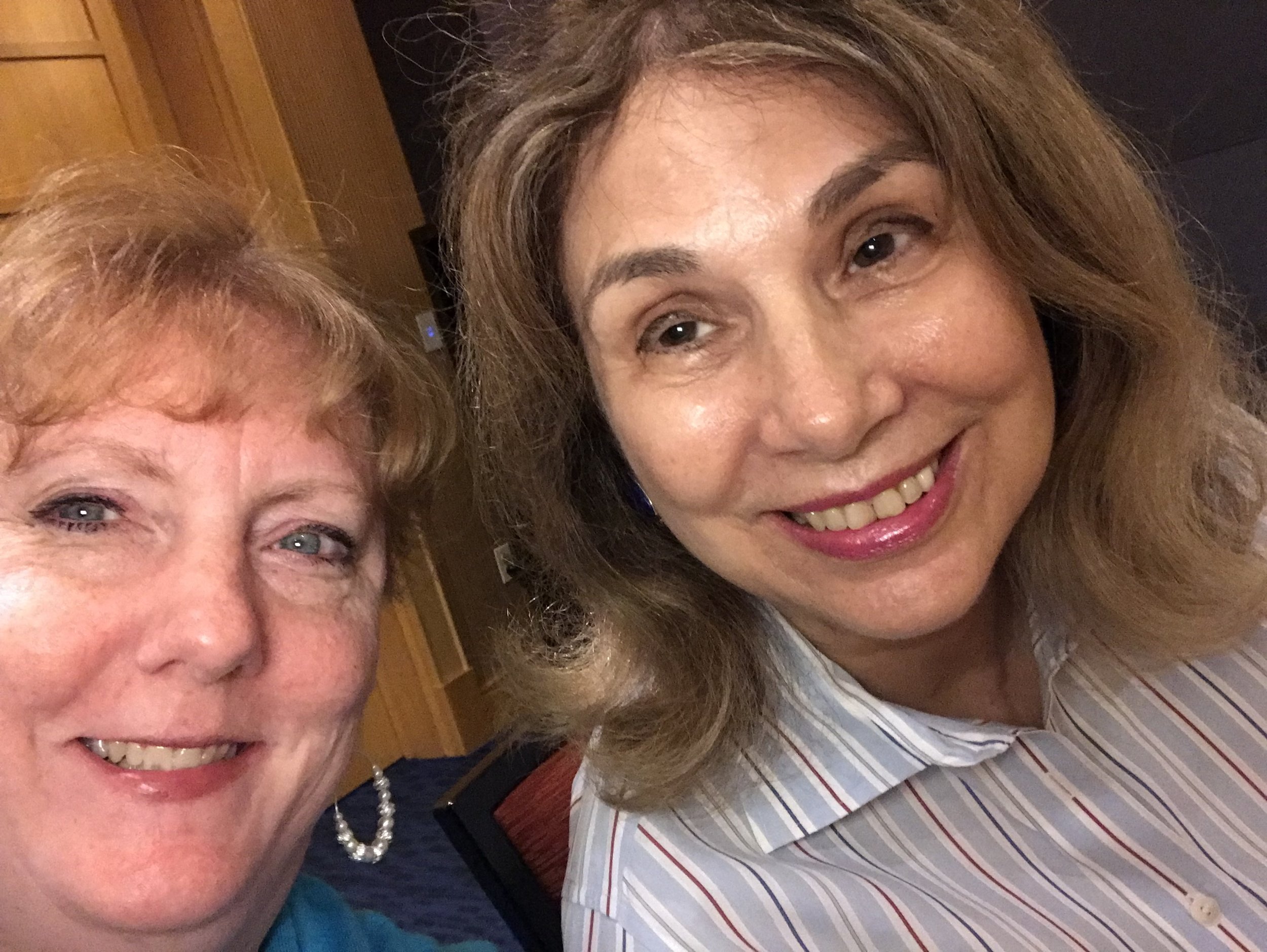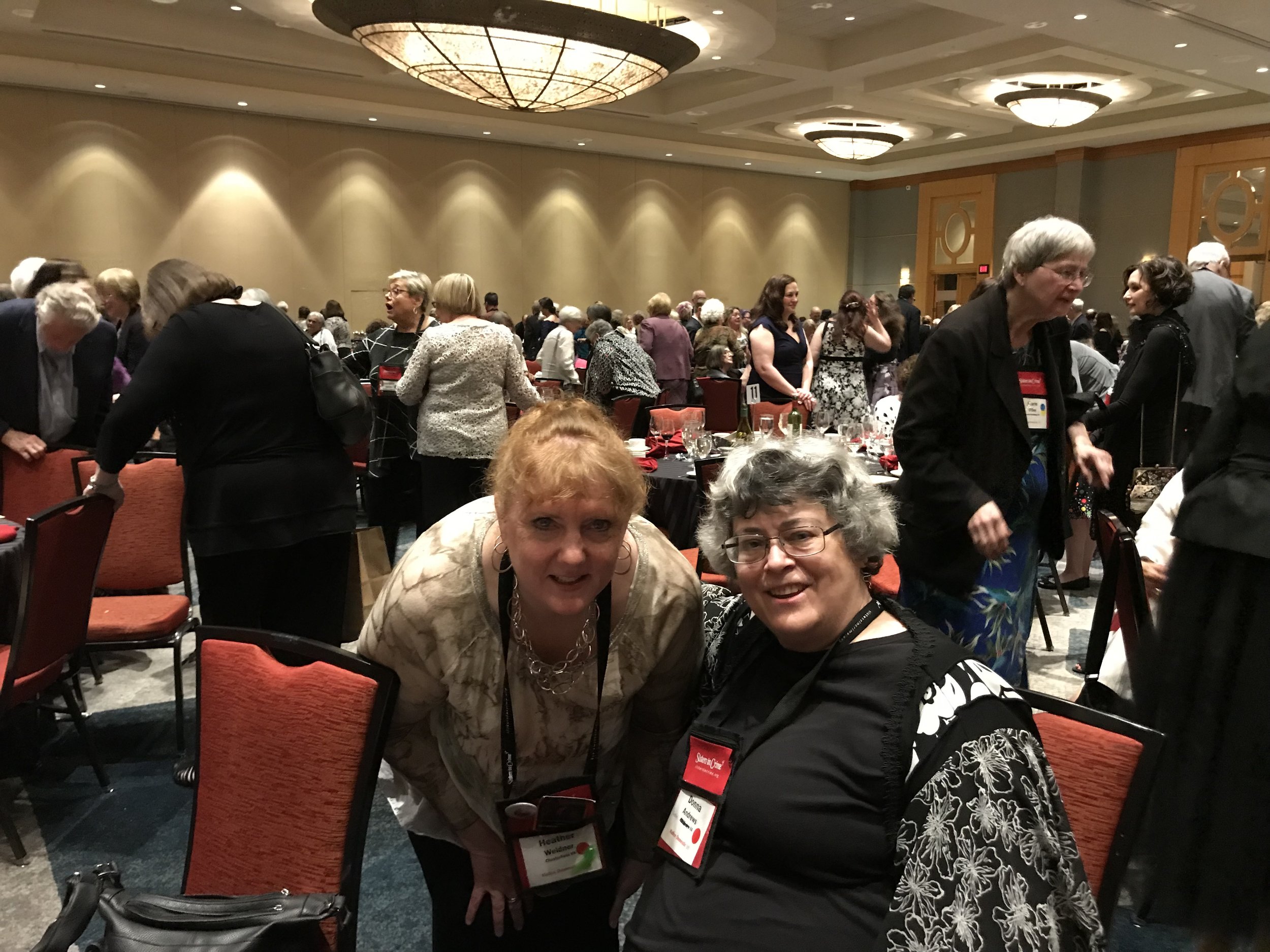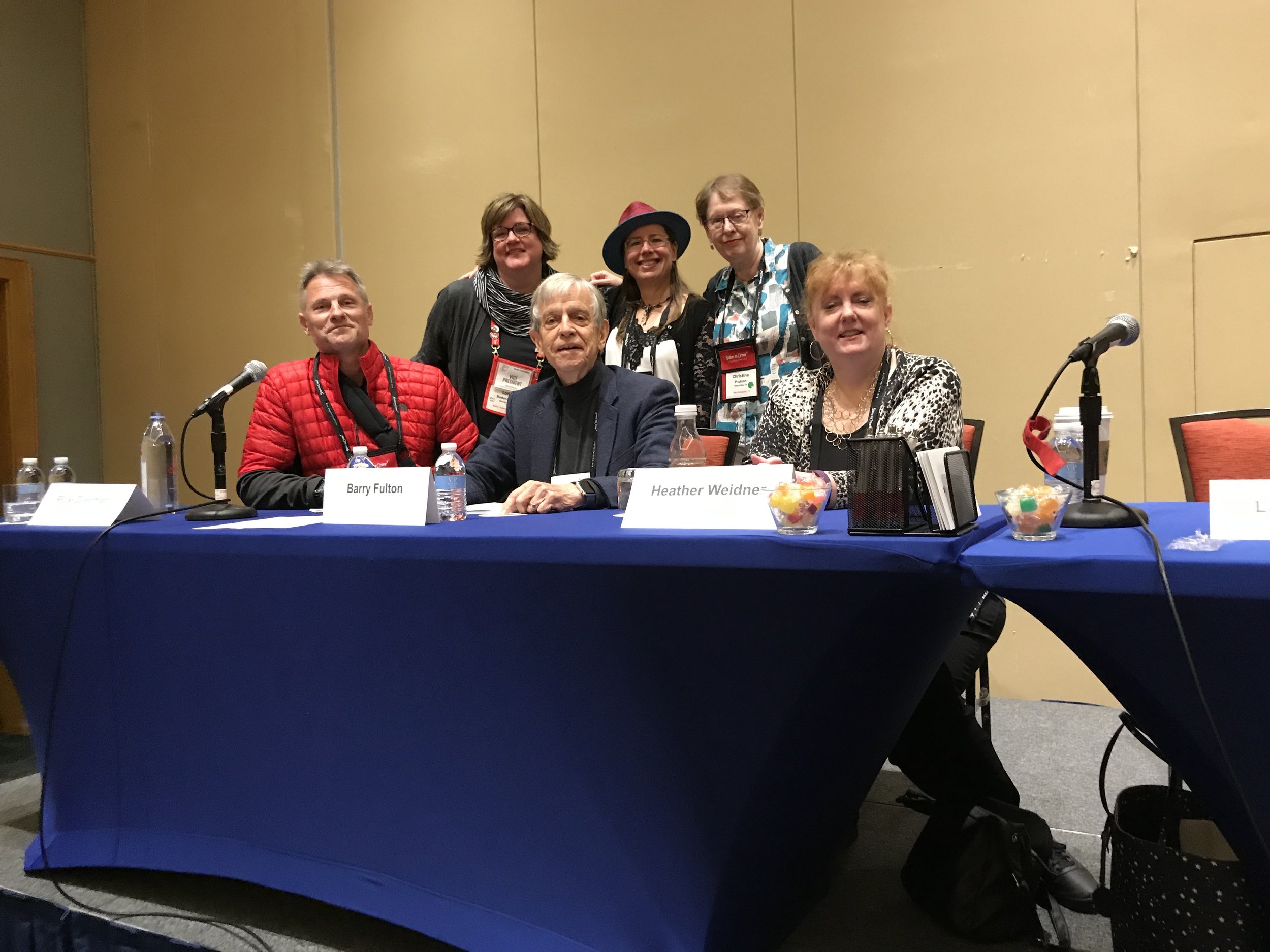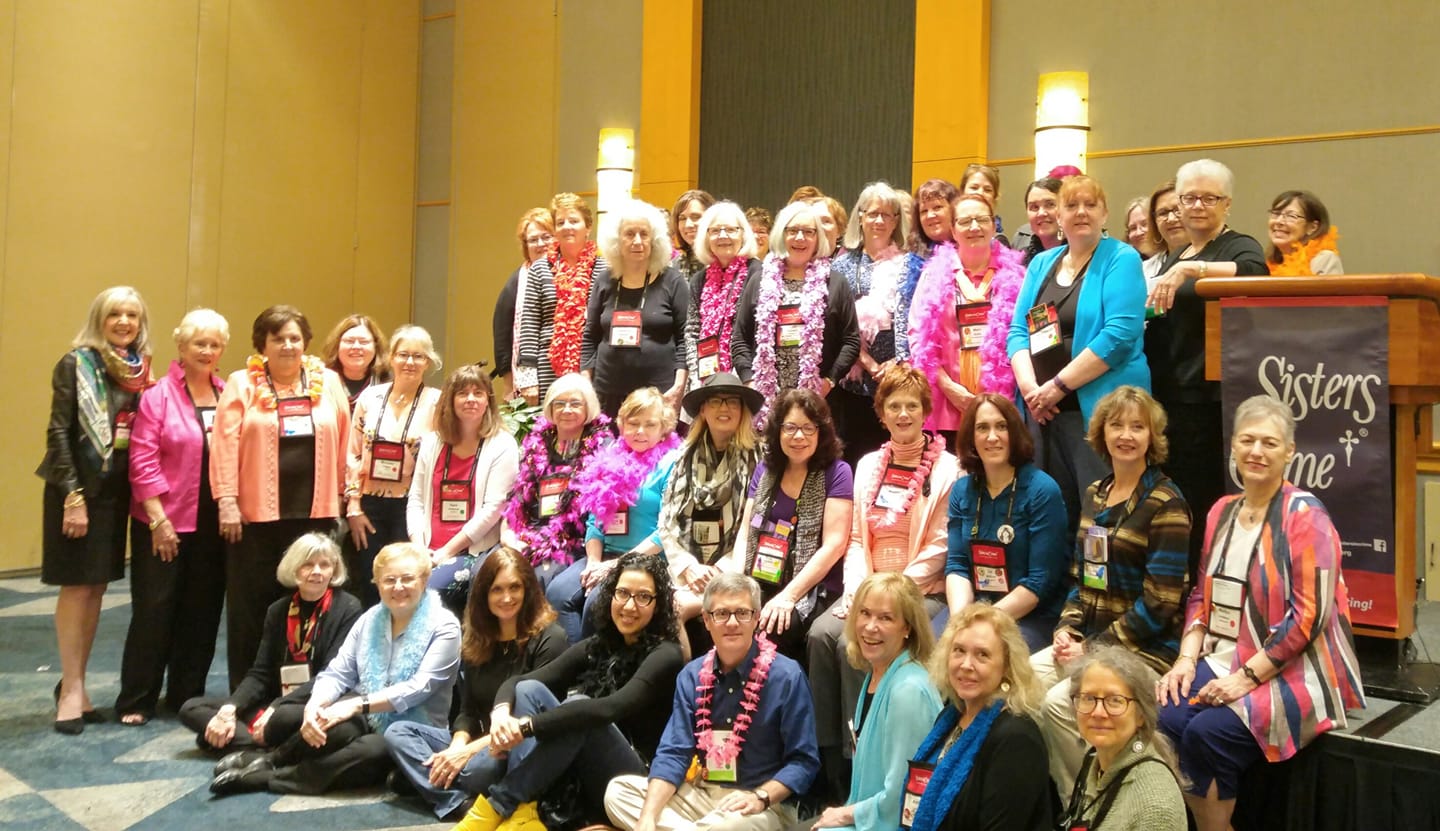What I Learned from "What Hollywood Gets Wrong" - Forensics and the Mystery Writer
/My Sisters in Crime - Central Virginia chapter held a program recently on forensics for the mystery writer called “What Hollywood Gets Wrong.” Many thanks to Officer Richard Mallory and the Henrico Police Department for a great discussion and equipment demo in the parking lot. Here’s what I learned…
As a police officer, you never know what you’re walking into. It could be a minor call that turns into something much larger.
“Forensic Files” featured episodes on Henrico County, and “Crime 360” had episodes set in Richmond.
You only get one chance to document a crime scene. Photos and diagrams are key. You must be detailed and accurate.
Faro cameras (that look like surveyor’s equipment) can take hundreds of photos from different angles. They also take measurements.
Witnesses often have different recollections, so it’s important to document everything.
Stress changes your perception and your recollection of events.
This department uses two kinds of fingerprinting equipment. One is a black chalky powder. The other is metallic, and the stylus is magnetic.
Forensic science helps law enforcement to eliminate suspects, as well as confirm others.
Technology and forensic science are powerful tools, but the job still requires old fashioned police investigation.
Most radar guns now contain a laser (lidar), and they can be aimed at a specific vehicle.
I didn’t realize how heavy some of the bullet-proof vests were. And I’m thankful that advancements have been made in safety equipment.
Cameras are everywhere these days, especially in new cars like Tesla.
Forensic analysis takes way longer than it does on TV and in movies. On average in Virginia, Toxicology takes 44 days, Trace Evidence takes 51 days, Firearms Analysis takes 73 days, Forensic Biology takes 103 days, Drug Analysis takes 137 days, and Computer forensics could take up to a year.






